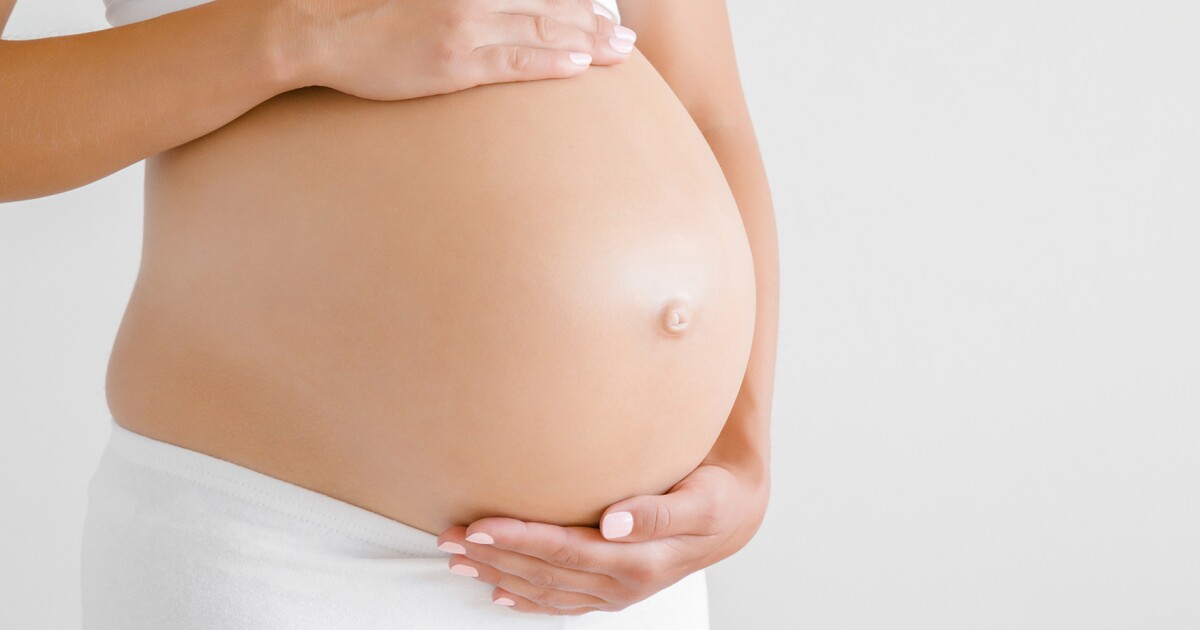Cannabis Use During Pregnancy Linked to Learning Deficits in Children
Cannabis Use During Pregnancy: Understanding the Risks for Children
Pregnancy is a time of anticipation, excitement, and hope for many expecting mothers. However, it’s also a phase where choices about health can significantly impact the future of both mother and child. One debate that has surged forward in recent years is the safety of cannabis use during pregnancy. An intriguing study sheds light on the potential consequences of prenatal cannabis exposure, particularly concerning learning deficits in children. Have you ever wondered how a seemingly innocuous decision might play a role in shaping your child’s future? Let’s dive into this important topic.
The Background: Cannabis and Pregnancy
Cannabis has been at the center of discussion for various reasons—medicinal use, recreational use, and its legal status across different regions. As more states legalize cannabis, it’s natural for pregnant women to question whether it’s safe to use. Some might argue, “Well, I just use it to alleviate nausea or stress.” However, it’s essential to look closely at what science says about this practice.
The endocannabinoid system—a network of receptors in the brain and body—is thought to play a role in fetal development. This leaves many thinking, “Isn’t this system supposed to be helpful?” The truth is more complex. While the endocannabinoid system can assist in several bodily functions, introducing external cannabinoids from cannabis may confuse this delicate process.
The Findings: What Research Reveals
Recent research indicates that children born to mothers who used cannabis during pregnancy may face learning deficits. These findings are enough to make anyone stop and think. What does this mean for the future of those little ones?
A study published in Pediatrics examined the cognitive abilities of children exposed to cannabis in utero. Researchers found that these children were more likely to struggle with attention, memory, and problem-solving skills as they grew older. Imagine walking into a classroom where your child is already facing an uphill battle to keep up with their peers—all because of a choice made during those precious nine months.
The Mechanics Behind the Learning Deficits
So, why does exposure to cannabis affect learning? Here’s where it gets interesting. The active components of cannabis, primarily THC (tetrahydrocannabinol), can cross the placental barrier and directly influence fetal brain development.
Think of the developing brain as a house under construction. The architects (in this case, the mother’s body) need the right materials (nutrients and hormones) to build a sturdy structure. Introducing THC into the mix is like using subpar materials—it can weaken the foundation and lead to structural problems down the line.
Key Areas Affected:
- Attention Span: Children exposed to cannabis may show signs of inattentiveness, making it harder for them to focus in school.
- Memory Retention: Learning relies heavily on memory, and deficits here can hinder academic performance.
- Problem-Solving Skills: Face a challenge? Children who have been exposed may find it more difficult to think outside the box.
A Broader Perspective: The Emotional and Social Impact
It’s also essential to understand that learning deficits don’t occur in isolation. They often come hand-in-hand with emotional and social challenges. Children who struggle academically may become less confident, leading to feelings of frustration and isolation.
Imagine being the child who needs extra help but isn’t getting the support they need—ultimately feeling left behind. Consequently, these children may have a tougher time making friends and participating in social situations, further compounding their challenges.
Social Stigma and Maternal Choices
With the rise of cannabis as a mainstream substance, you might think there is less stigma around its use. Yet, pregnant women who choose to use cannabis often deal with conflicting messages from society.
On one hand, some advocate for its medicinal benefits—alleviating nausea, anxiety, and stress. On the other hand, the risks highlighted in research can create anxiety and fear. Pregnant women are often left in a quandary: “Is it worth the risk? Am I endangering my child?” It’s a delicate balancing act where finding reliable information is vital.
Alternatives to Cannabis for Managing Pregnancy Symptoms
If you find yourself relying on cannabis for relief during pregnancy, it’s crucial to consider safer alternatives. Here are some options that can help manage common pregnancy symptoms without posing risks to your baby:
- Nausea and Vomiting: Ginger tea or small, frequent meals can help soothe your stomach.
- Anxiety: Mindfulness practices like yoga and deep-breathing exercises can provide relaxation without the side effects of cannabis.
- Insomnia: Maintaining a bedtime routine and ensuring your sleeping environment is comfortable can improve sleep quality.
When in Doubt, Seek Guidance
It’s always a good idea to consult healthcare providers when it comes to making decisions about substance use during pregnancy. Medical professionals can steer you in the right direction, ensuring you have the most up-to-date information to make an informed choice.
Moving Forward: Educating Expectant Mothers
To address these situations, more educational resources are needed. We need conversations about the potential risks associated with cannabis use during pregnancy to become commonplace, just like discussions about alcohol and tobacco.
Imagine a world where expectant mothers feel empowered with knowledge, able to make choices that safeguard their children’s future.
The Role of Support Networks
Communities, friends, and family members should also offer support and understanding rather than judgment. Providing a nurturing environment where mothers can share their experiences and concerns openly can go a long way in promoting healthy pregnancies.
Conclusion
As we continue to learn more about the effects of cannabis on fetal development, the message becomes clearer: pregnant individuals should be cautious about using cannabis. The possible link between cannabis use during pregnancy and learning deficits in children cannot be overlooked.
Educating expectant mothers on the potential risks associated with cannabis can pave the way for healthier infants and future generations that thrive in their learning environments. Remember, every decision counts—especially when it comes to nurturing new life.
FAQs
1. Is it safe to use cannabis during breastfeeding?
While research on cannabis use during breastfeeding is still developing, many experts advise caution due to the potential for THC to pass into breast milk.
2. What are some safe alternatives to cannabis for managing pregnancy symptoms?
Options like ginger for nausea, yoga for anxiety, and maintaining a regular sleep schedule can be excellent substitutes.
3. Are the effects of cannabis use during pregnancy reversible?
Research is still ongoing about the long-term effects, but some studies suggest early interventions and supportive education can help mitigate challenges as children grow.
4. How can I talk to my healthcare provider about cannabis use?
Open dialogue is key. Share your concerns and experiences with your healthcare provider, who can guide you toward safe practices during your pregnancy.
5. What should I do if I’ve already used cannabis during my pregnancy?
It’s important to reach out to your healthcare provider for a personalized assessment and potential strategies for supporting your child’s development.







